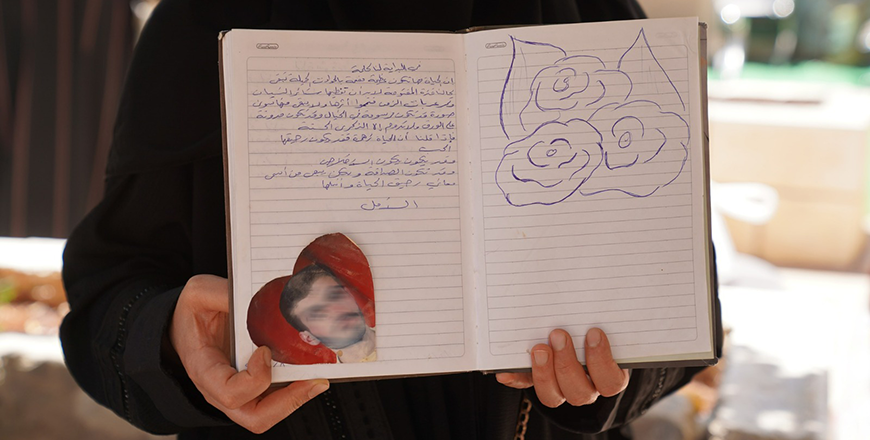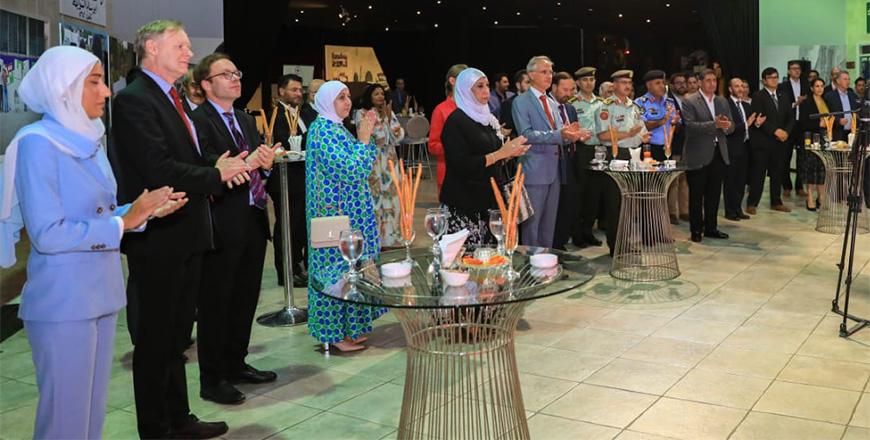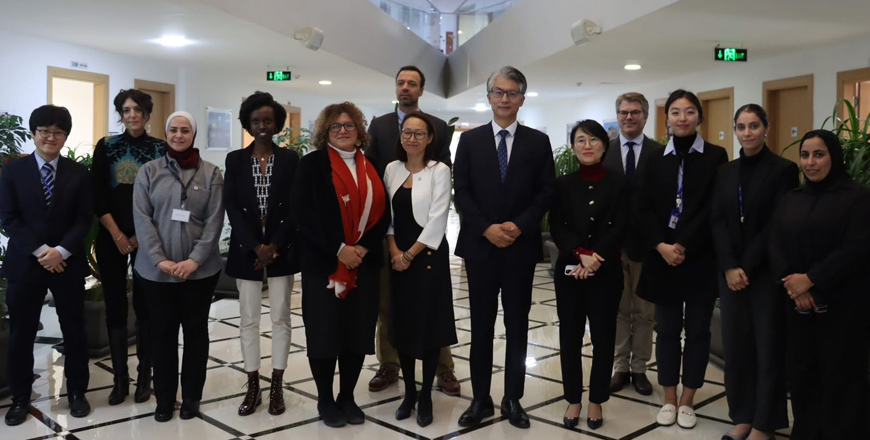You are here
Dealing with disappearance: ICRC launches exhibition on ‘Day of Disappeared’
By Sophie Constantin - Aug 29,2024 - Last updated at Aug 30,2024
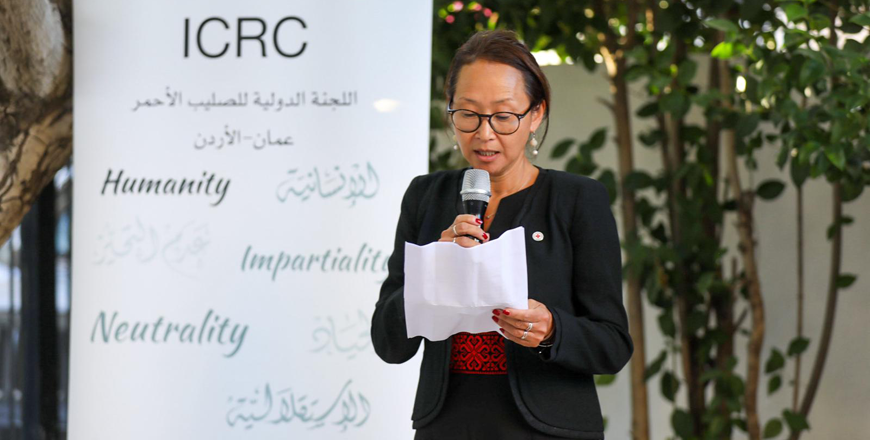
Sara Avrillaud, ICRC’s Head of Delegation in Jordan, emphasises the profound impact of disappearances on the families (Photo courtesy of the ICRC)
AMMAN — The International Committee of the Red Cross (ICRC) marked the International Day of the Disappeared, held each year on August 30th, with a powerful exhibition highlighting the painful journey of families searching for their missing loved ones.
The exhibition, running until September 4th at the Orfali Art Gallery, sheds light on the relentless suffering experienced by those whose loved ones have vanished due to armed conflicts, natural disasters, or migration. It shares the stories of families who, despite the profound pain of their loss, have transformed their grief into a source of strength, inspiring all who encounter their narratives.
Through 26 powerful photographs and accompanying narratives, the exhibition illustrates these families’ journeys of resilience and hope in the face of challenges. Some of these families have shown remarkable strength by starting their own micro-initiative income-generating projects, sustaining their own needs.
Fareed Humaid, Communications Coordinator for the ICRC in Jordan, told The Jordan Times, “August 30th is an opportunity for the entire world to recognise this suffering and stand in solidarity with these families, helping them find answers about their missing loved ones.” He emphasised that the experience of families with disappeared is very different from that of those who have lost someone to death.
“A key difference for a family with a missing person, rather than a deceased one, is the lack of closure. Grieving after the death of a loved one is often faster than grieving for their disappearance. You never know if this person is dead or alive, so the families keep waiting,” Humaid explained. This perpetuate state of limbo, where hope and despair coexist, prevents the natural process of grieving and healing.
Operating in over 100 countries worldwide, one of the main activities of the ICRC in the protection field is supporting families of the disappeared. “Our support depends on their needs. If the breadwinner of a family disappeared, we assist with financial support, for example,” noted Humaid.
Sara Avrillaud, ICRC’s Head of Delegation in Jordan, highlighted the broader impact, saying, “The International Day of the Disappeared serves as a poignant reminder of those who have gone missing, particularly due to the Syrian crisis. These disappearances cast a long shadow over their families and their communities.” The ICRC and national societies have recorded over 33,000 cases of missing people or individuals separated from their families as a result of the conflict in Syria since 2011, and in Jordan alone, more than 3,300 missing persons have been registered with the ICRC or the Jordan Red Crescent Society, the vast majority linked to the Syrian conflict.
The ICRC’s tracing programme plays a crucial role in locating missing persons. Families file tracing forms, and the ICRC diligently works to track them down, visiting hospitals, detention centres, and other potential locations where their loved ones might be found.
Beyond tracing efforts, the ICRC supports Syrian families of missing persons residing in Jordan by guiding them in exercising their right to seek and receive information about the fate and whereabouts of their loved ones.
The ICRC also assists families in accessing Protection of Family Links services, provides psychosocial group sessions for emotional support, offers relief aid and livelihood support, ensures healthcare access through emergency cash aid, and assists with legal and administrative challenges to safeguard their rights and legal status amidst the turmoil of disappearance. For instance, they help navigate legal issues related to inheritance in the absence of a recognised “Disappeared” status in some countries.
“The suffering of the disappeared is different because it never ends,” noted Humaid. This enduring pain is a call to action for all of us to support the families of the missing, ensuring that their voices are heard, their needs are met, and their loved ones are never forgotten.

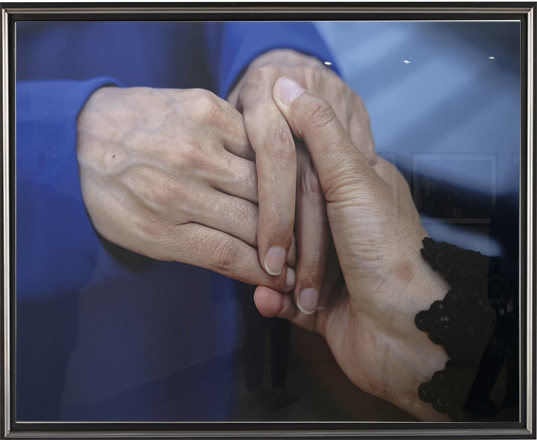
Related Articles
AMMAN — Over 13 years of conflict in Syria, the International Committee of the Red Cross (ICRC) has taken on the responsibility of addressin
AMMAN — To express solidarity with the families of missing persons and to mark the International Day of the Victims of Enforced Disappearanc
AMMAN — The International Committee of the Red Cross (ICRC) and the Korea International Cooperation Agency (KOICA) in Jordan have launched t


